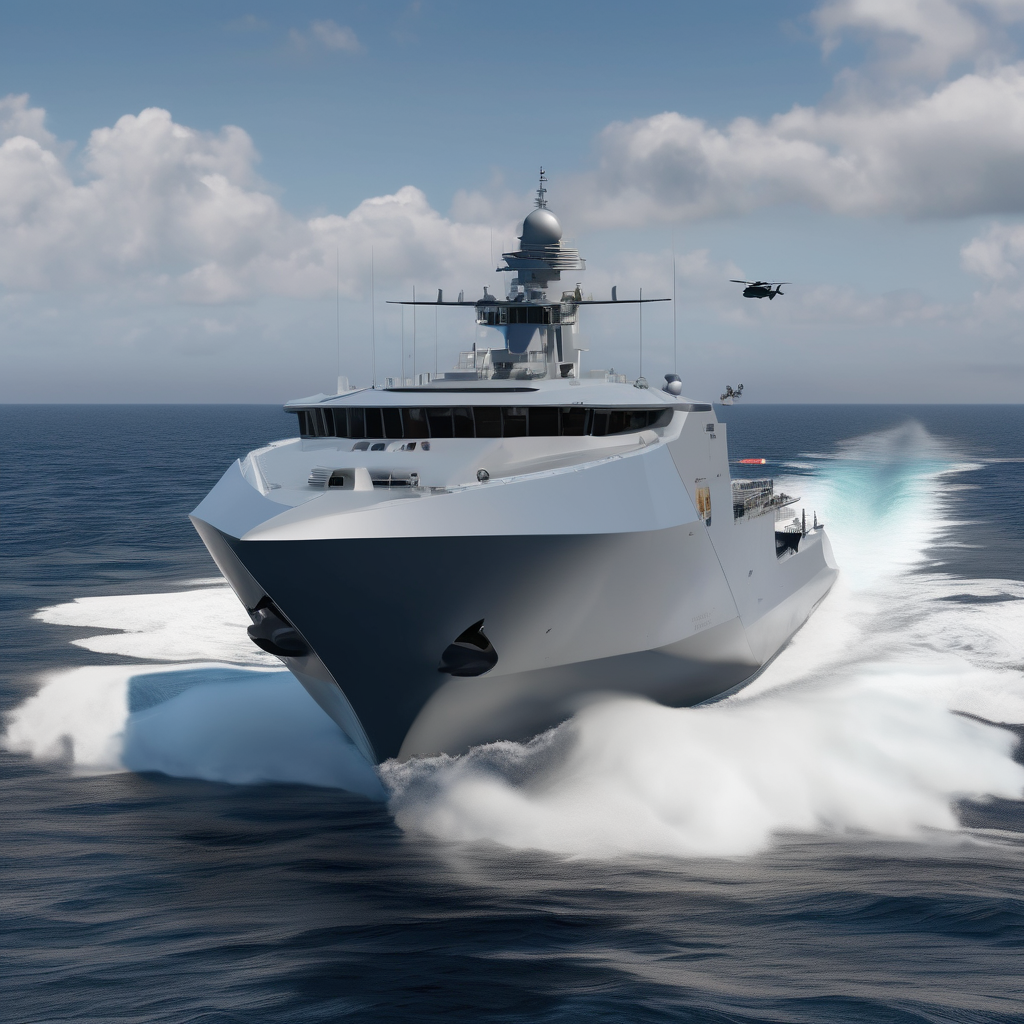U.S. forces carried out another strike on a vessel suspected of drug trafficking off the coast of Venezuela, according to an announcement made by President Donald Trump on Sunday. Speaking at Naval Station Norfolk beside the Harry S. Truman aircraft carrier, Trump outlined a shift in U.S. strategy aimed at combatting drug trafficking, highlighting an increased focus on monitoring land trafficking routes due to disruptions in maritime routes.
This event followed a military operation on Friday, which Defense Secretary Pete Hegseth described as part of an ongoing effort against what he termed “cartel terrorists.” This latest action marks the fourth U.S. strike on suspected drug shipments in recent weeks, resulting in the death of four individuals involved.
“The Navy has been instrumental in our mission to eliminate cartel terrorists from the waters,” Trump stated, noting the need to pivot to land-based trafficking as the effectiveness of maritime operations grows.
The Venezuelan government responded swiftly, with President Nicolas Maduro denouncing these military actions in a video shared on Telegram. He claimed, “Our people have never and will never be afraid to defend their right to live and be free,” portraying Venezuela as resolute against what he deemed foreign aggression.
Venezuelan Foreign Minister Yvan Gil echoed Maduro’s sentiments and mentioned that he had received reassurances of support from Russian Foreign Minister Sergei Lavrov. Gil also disclosed that Maduro had reached out to Pope Leo XIV, seeking his aid in promoting peace amid increasing tensions.
During an interview with Fox News, Hegseth reiterated that U.S. operations in the Caribbean have received full authorization, reinforcing the commitment to dismantle drug trafficking networks tied to the Venezuelan regime.
The ongoing dynamic between the U.S. and Venezuela is characterized by considerable tension, reflecting a complex geopolitical situation. However, despite the challenges, there exists a glimmer of hope for diplomatic solutions that could address humanitarian concerns while also effectively tackling the pressing issues of drug trafficking and regional stability.
